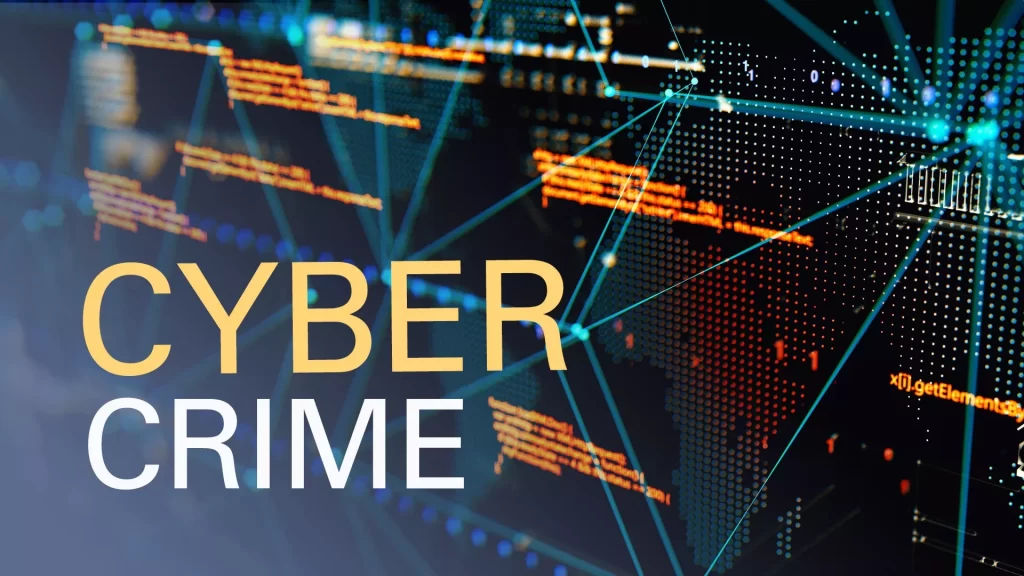- Home
- Cyber Crime
Cyber Crime
Cyber Crime

Contact Our Support Guys
Cybercrime refers to criminal activities that are conducted through the use of digital technologies, computers, or the internet. This rapidly growing category of criminal behavior encompasses a wide range of illicit activities, exploiting vulnerabilities in computer systems, networks, and online platforms. Cybercriminals employ sophisticated techniques to commit various offenses, posing significant challenges to law enforcement and cybersecurity professionals.
One prevalent form of cybercrime is hacking, where unauthorized individuals gain access to computer systems or networks to steal sensitive information, disrupt operations, or compromise security. This can lead to financial losses, identity theft, and breaches of privacy.
Another common cybercrime involves the distribution of malware, which includes viruses, worms, ransomware, and other malicious software. Malware is designed to infect and harm computer systems, often with the goal of extorting money, stealing data, or disrupting normal functioning.
Phishing is a deceptive practice wherein cybercriminals attempt to trick individuals into revealing sensitive information, such as login credentials or financial details, by posing as trustworthy entities in electronic communication.
Online fraud is prevalent in various forms, including credit card fraud, identity theft, and financial scams. Cybercriminals exploit unsuspecting individuals through fraudulent schemes, manipulating them into providing personal or financial information.
Distributed Denial of Service (DDoS) attacks are orchestrated attempts to overwhelm a website or online service with traffic, rendering it inaccessible to legitimate users. These attacks are often motivated by revenge, competition, or ideological reasons.
Cybercrime extends to offenses such as cyberbullying, online harassment, and the dissemination of malicious content. Social engineering tactics, which involve manipulating individuals to disclose confidential information, are also commonly employed by cybercriminals.
Governments, law enforcement agencies, and cybersecurity professionals employ various strategies to combat cybercrime. These include implementing robust cybersecurity measures, conducting investigations, international cooperation, and enacting legislation to prosecute offenders. Additionally, public awareness campaigns aim to educate individuals and organizations about the risks associated with cybercrime and encourage best practices for online security.
As technology continues to advance, cybercrime evolves in complexity and sophistication. Addressing this multifaceted challenge requires ongoing collaboration between stakeholders, the development of advanced cybersecurity measures, and the adaptation of legal frameworks to effectively combat the ever-changing landscape of cyber threats.
